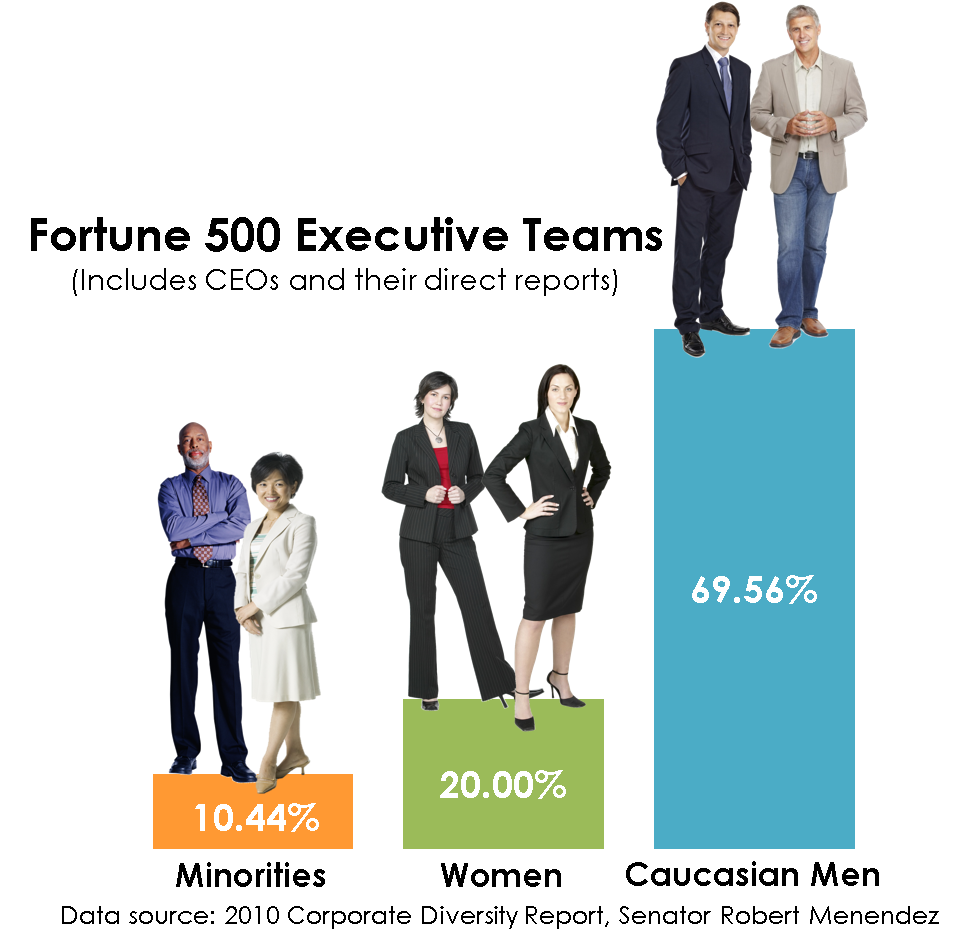
At a recent client meeting, one of the senior vice presidents told me the story of a new potential hire for a key technical position at his company. He said that he was shocked when the applicant said that he would need every Friday afternoon off for religious observance. The leader said that his first response was “no way”. However after discussing the situation with the diversity manager, he realized that this request fell under religious accommodation and that the request would be honored by the company. Even so, in the end, the applicant, for other reasons, did not accept the offer.
So what if a request for regular time off does not fall neatly into one of the categories where there is legal protection? What if a top candidate is asking for time off to pursue an avocation?
Often times there is a different worldview about these issues from a generational perspective. Baby Boomers are used to “nose to the grindstone”, “butts in the seat”, adherence to specific hours type of work style. Many Millennials, on the other hand, have a different concept of what it means to work hard and be a good employee. They may be more interested in blending rather than balancing their work and leisure pursuits. So rather than strict 9 to 5 schedules, Millennials may prefer to flex their schedules and hours and they may ask for this flexibility at the time of the interview which is new, especially for Baby Boomers. Baby Boomers might be more apt to not mention the desire or need for flexibility until after they are hired. Millennials on the other hand, who think it quite normal to be open and up front might make such requests a condition of employment.
I know several Millennials who will only take a job if they can work remotely. Some managers resist such requests because of the mindset that they need to “see” their employees for team effectiveness. Granted, there are certain types of positions where it would be impossible to work remotely. However, I think employers will need to be more innovative in thinking about how to accommodate the diverse needs and desires of potential top talent.


















